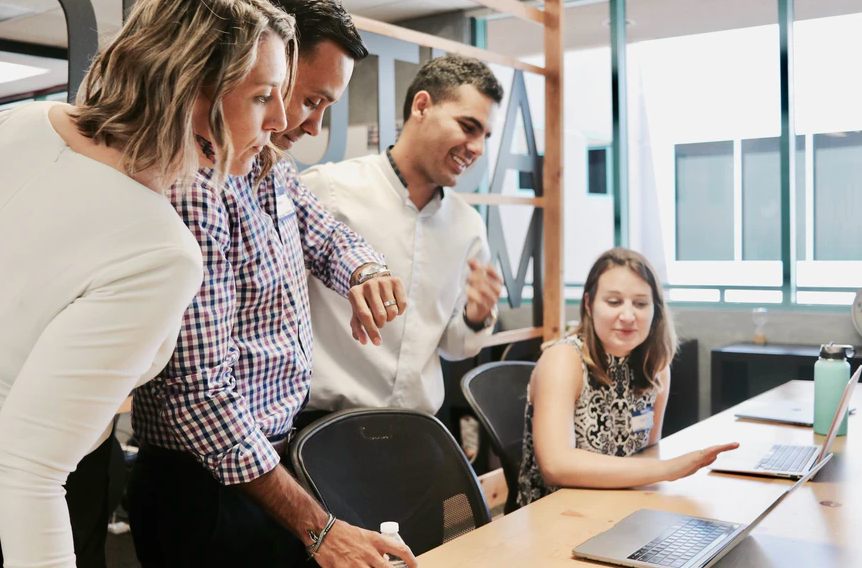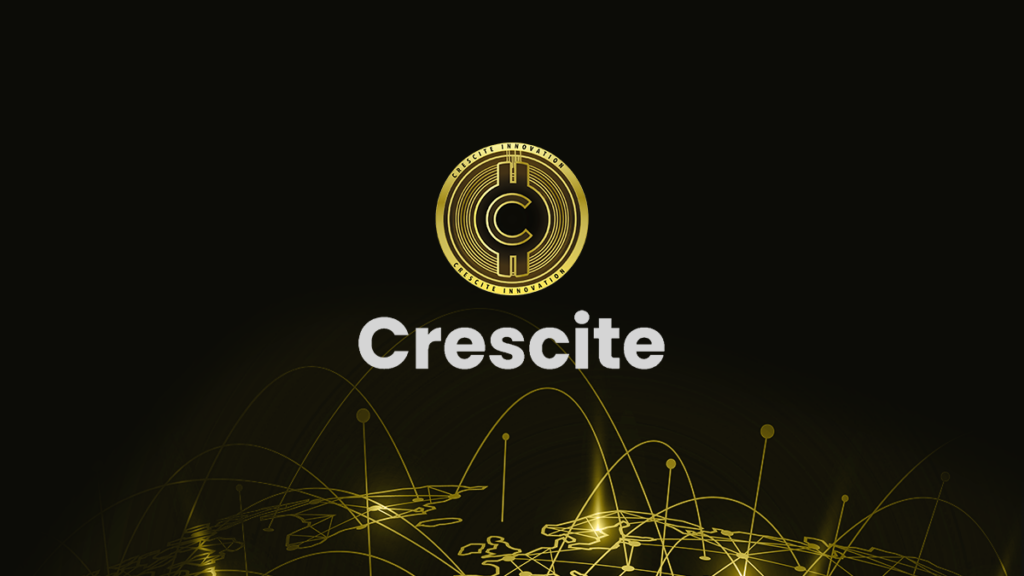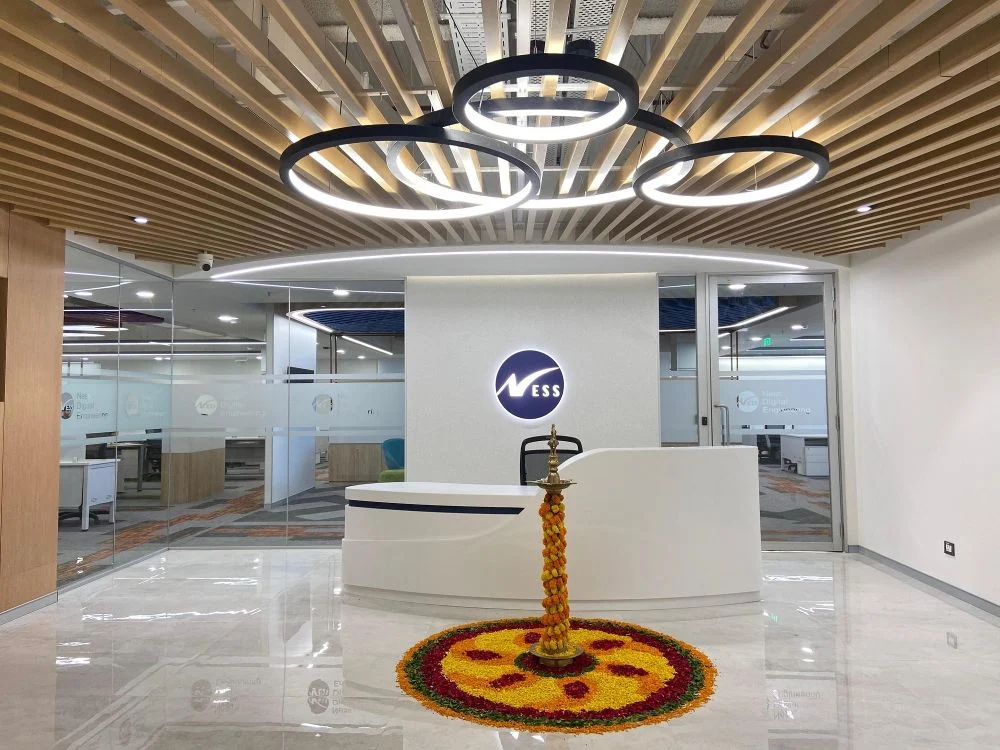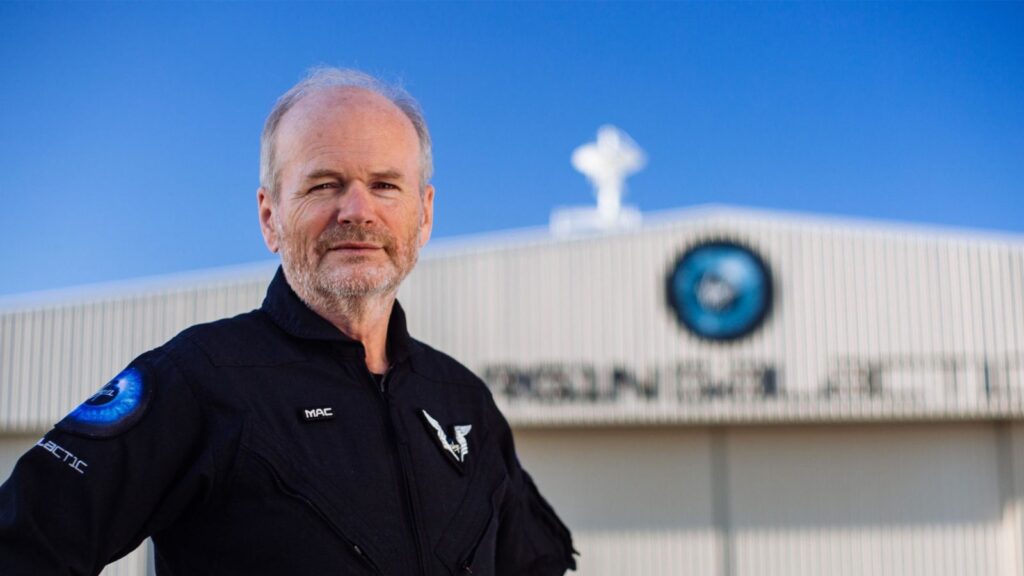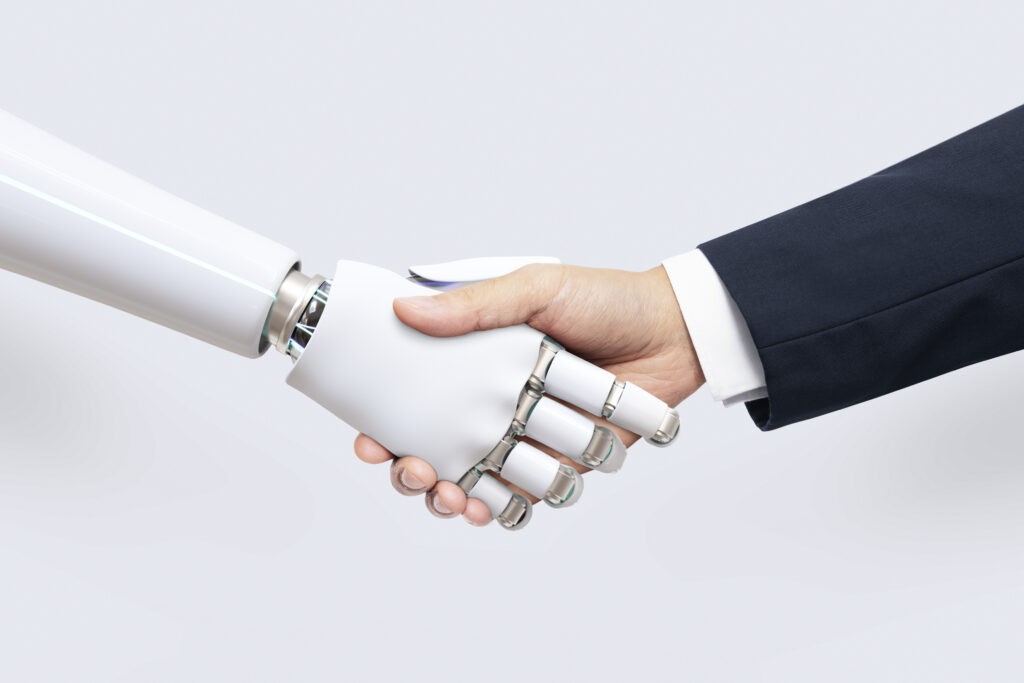Every year that passes, society becomes more and more innovative through growing capacities in understanding the world around us—a knowledge that is further catalyzed by advancements in technology.
Innovation is shaping many things, one of which is the workplace, and how skills and development are measured. Now that we have more data that can define and categorize types of knowledge, as well as ways to track, quantify, and develop it—the work world is evolving at an accelerated pace.
With what might seem at times to be a constantly moving target, businesses have started to prioritize innovation skills in the workplace. In fact, it was found that 82% of organizations gauge innovation in exactly the same way as they go about achieving any incremental performance gain in their regular operations.
With innovation becoming a major determinant for success within many industries in 2022, what are the skills employees need to possess in order to keep pace with the modern job market? Let’s take a look.
Skills vs. Capabilities
97% of employers agree capabilities are equally or more important than hard skills, and 72% say it is the first or second most important factor in navigating the future of their business.
So what’s the difference between a capability and a skill? A skill is something you learn to do and then practice through repetition—improving and refining it over time. A capability, on the other hand, isn’t a specific skill that fits into a given scenario, instead, it is a deep-rooted ability that can be applied within many contextual situations.

Capabilities are things like time management or being a “people person” vs. how fast you can type (words per minute) or what you got your degree in. These types of assets are growing in value within the work world because a career path in 2022 involves the need to think quickly on your feet. Technology is changing the business landscape almost every day, and these types of adaptable capabilities are what help people hold a steady line while the game changes almost instantaneously around them.
“Interpersonal Skills, the ability to interact, collaborate, and especially communicate with others are essential for anyone,” said Dr. Alan Cabello, CEO, and Co-Founder of Sparkademy, an innovative learning institution aiming to bring scalable and measurable learning to the corporate world. “But these types of assets are especially important for those who work in a large organization and need to connect the dots between many different interacting parts.”
There is still quite a bit of space for improvement in finding ways to quantify and develop capabilities. There needs to be a way to develop innovative skills that play into people’s individual assets and then can package the combination of the two into the workplace where they can be utilized. This translation would be both for the benefit of the organization and for the employee’s personal career growth.
An Education Towards Higher Innovation
Company Sparkademy helps organizations benefit from the latest developments in neuroscience and education research to elevate their employees’ skills for the modern workplace and future-proof their business.
Sparkademy originated in ETH, a public research university in the city of Zürich, Switzerland. Through an initiative called Spark Labs, Sparkademy was designed with the vision to create an academic program that educates the innovation leaders of tomorrow. Spark Labs grew from a single program into an ecosystem of various educational measures that run research activities driven by the main principles of empathy (or human-centricity), agility, and collaboration.
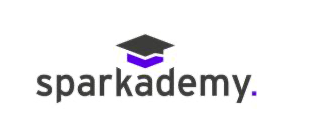
“We measure innovation at three levels, the organization or context, the team, and the individual,” continued Dr. Alan Cabello. “Examples of the measures used for each level are investing in exploration work, level of psychological safety, and cognitive ambidexterity. It is important to note that these three levels are interdependent as well.”
Sparkademy is helping companies scale their agile programs across geographies, leading strategic innovation in the work world. This is helping businesses across industries find the synergy between people’s hard skills and the individual human capabilities that can support them within their roles.
Three years, 60+ countries, and hundreds of participants later, what once started as a project has since evolved into a new venture in the Educational Technology “EdTech” space—helping businesses of varying degrees upskill their employees globally.
The Future of work
Because we have yet to find a way to quantify innovation, it can often be difficult to measure. Yet, according to McKinsey, 84% of executives say that innovation is important to their growth strategy.
This means that companies will need to start working through their most significant assets, their employees, to achieve benchmarks in innovation. By investing in the development of their skills, both technical and human, companies can help stimulate fresh thinking through the work of the people that make up their organization.
The modern era of work in 2022 will require the workforce to evolve past simple resume bullet points and start to pull in the context from their human experience, helping to build skills that allow for larger leaps in innovation than ever before.
Disclosure: This article mentions a client of an Espacio portfolio company.

